Forex Trading Strategies for Trading During Major Events: Techniques for Managing Trades Amid Significant Global Events
The foreign exchange market, commonly known as the forex market, is the largest and most liquid financial market in the world. Traders engage in forex trading to profit from the fluctuations in currency exchange rates. However, forex trading is not without its challenges, especially when major global events, such as economic announcements, geopolitical tensions, and central bank decisions, can cause significant volatility in the market. To navigate such turbulent waters and achieve success, traders must employ effective strategies for managing trades during these critical moments.
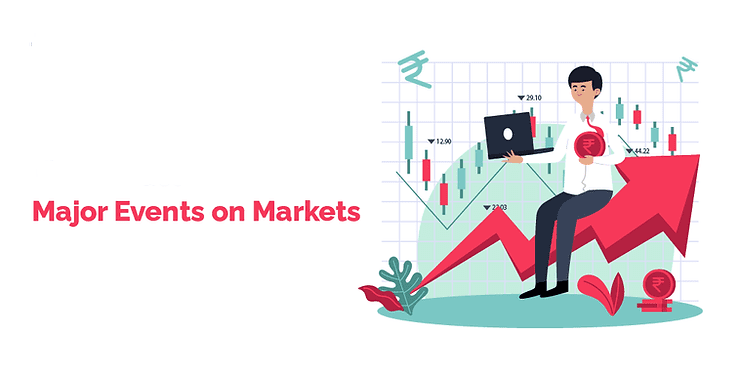
Table content
1. The Impact of Major Global Events on Forex Trading
a) Economic Releases
b) Central Bank Decisions
c) Geopolitical Tensions
d) Natural Disasters
2. Forex Trading Strategies for Major Events
a) Stay Informed
b) Use Volatility to Your Advantage
c) Implement Risk Management
d) Focus on Major Pairs
e) Utilize Fundamental and Technical Analysis
f) Consider Scalping and Day Trading
g) Avoid Emotional Trading
h) Practice on Demo Accounts
i) Diversify Your Portfolio
j) Monitor Correlations
3. Footnote
The Impact of Major Global Events on Forex Trading
Major global events can trigger substantial volatility in the forex market. These events can include:
- Economic Releases: The release of key economic indicators like GDP growth, unemployment rates, and inflation data can lead to substantial market movements. Positive or negative surprises in these indicators can significantly impact currency values.
- Central Bank Decisions: Interest rate decisions, monetary policy statements, and central bank interventions can cause sharp market reactions. Traders closely monitor these events as they can influence currency supply and demand.
- Geopolitical Tensions: Political developments, international conflicts, and trade disputes can create uncertainty and lead to rapid currency price fluctuations. Traders often react to geopolitical events by adjusting their positions.
- Natural Disasters: Natural disasters and health crises, like earthquakes or the outbreak of a pandemic, can disrupt global markets and impact currency values.
Forex Trading Strategies for Major Events
To effectively navigate the challenges posed by major global events, traders can employ various strategies that cater to different trading styles and risk appetites. Here are some techniques for managing trades amid significant global events:
1. Stay Informed:
Forex traders should prioritize staying informed about upcoming economic events, central bank announcements, and geopolitical developments. Economic calendars provide a schedule of these events, allowing traders to plan their trading activities around them. Being aware of potential market-moving events can help traders prepare and adjust their trading strategies accordingly.

2. Use Volatility to Your Advantage:
While increased volatility can be daunting, it also presents opportunities for traders to profit. Volatility creates price movements that can lead to substantial gains if anticipated correctly. Traders can use technical analysis tools, such as Bollinger Bands or Average True Range (ATR), to gauge the level of volatility and adjust their trading strategies accordingly.
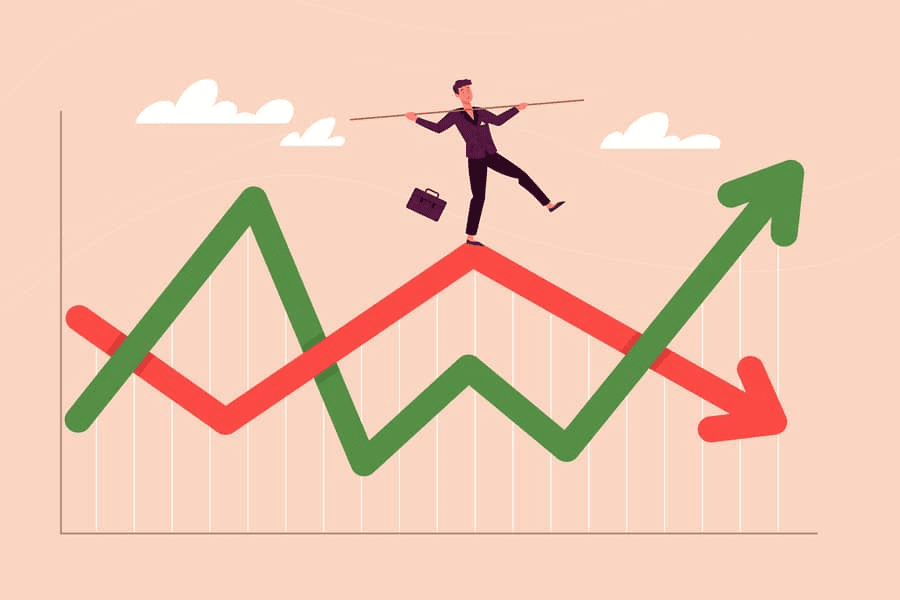
3. Implement Risk Management:
Managing risk is crucial in forex trading, especially during major events. Traders should set stop-loss and take-profit orders to limit potential losses and secure profits. Additionally, position sizing should be adjusted based on the increased volatility, ensuring that no single trade has the potential to cause significant account damage.
4. Focus on Major Pairs:
During times of heightened uncertainty, it's advisable to focus on trading major currency pairs, such as EUR/USD, GBP/USD, USD/JPY, and USD/CHF. These pairs tend to be more liquid and less susceptible to extreme price swings compared to exotic pairs.
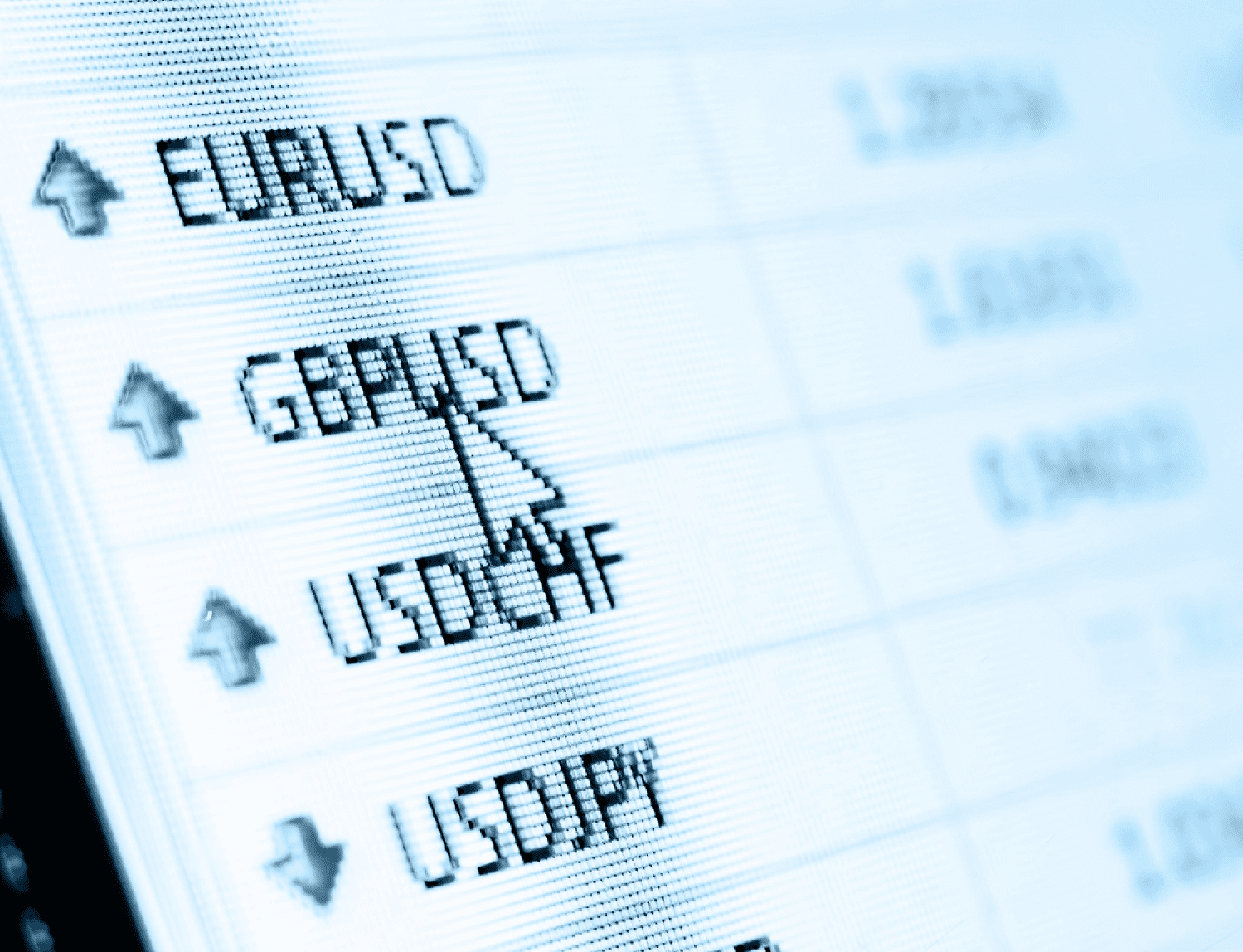
5. Utilize Fundamental and Technical Analysis:
Combining fundamental and technical analysis can provide a well-rounded perspective on market movements. While fundamental analysis helps traders understand the underlying factors driving market sentiment, technical analysis assists in identifying entry and exit points based on historical price patterns.
6. Consider Scalping and Day Trading:
Short-term trading strategies like scalping and day trading can be effective during major events. Traders engaging in these strategies aim to capitalize on rapid price movements within short timeframes. However, these strategies require quick decision-making and a deep understanding of market dynamics.
7. Avoid Emotional Trading:
Emotional decision-making can be detrimental in forex trading, particularly during volatile periods. Traders should stick to their predefined trading plans and avoid making impulsive decisions based on fear or greed. Having a disciplined approach can help mitigate losses and maintain consistency.
8. Practice on Demo Accounts:
Before implementing new strategies during major events, traders should test their techniques on demo accounts. Demo trading allows traders to simulate real market conditions without risking actual capital, helping them refine their strategies and gain confidence.
9. Diversify Your Portfolio:
Diversification involves trading different currency pairs and employing various strategies simultaneously. This can help spread risk and reduce the impact of losses from a single trade or event.
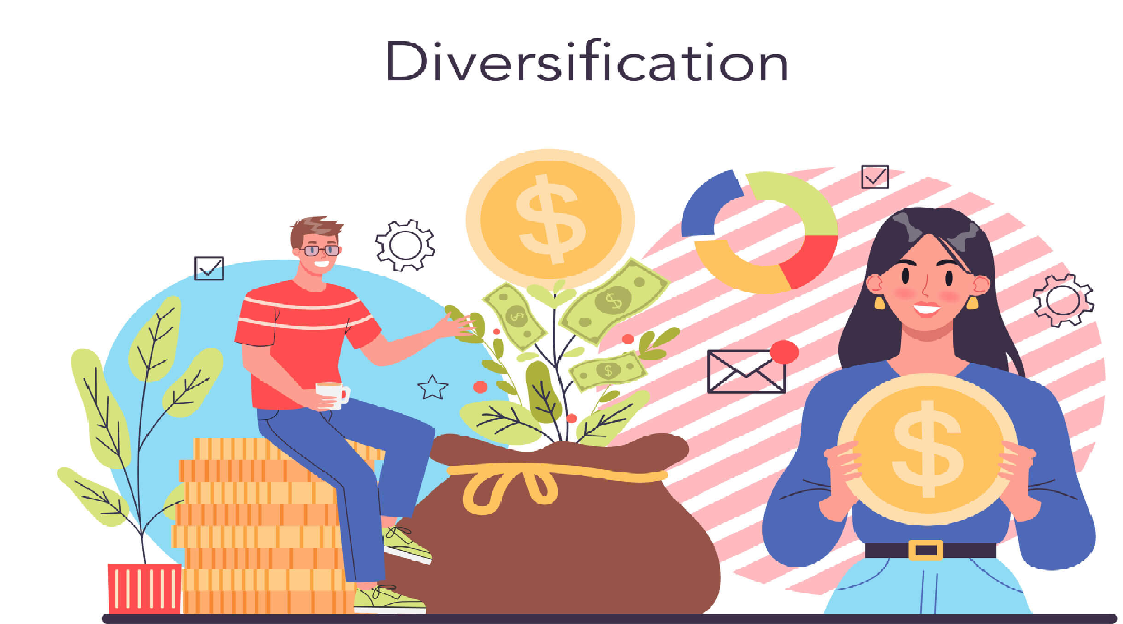
10. Monitor Correlations:
Currency pairs can exhibit correlations due to economic ties and market sentiment. Traders should be aware of these correlations, as movements in one pair can impact another. Understanding correlations can help traders make informed decisions and manage their exposure.
Footnote
Trading forex during major global events presents both challenges and opportunities. Traders who are well-prepared and have a solid understanding of the market dynamics can navigate these events successfully. By staying informed, using volatility to their advantage, implementing risk management techniques, and employing a combination of fundamental and technical analysis, traders can position themselves to make informed decisions and potentially profit from market fluctuations. Additionally, maintaining discipline, avoiding emotional trading, and practicing on demo accounts contribute to a trader's overall success. Remember, there is no one-size-fits-all strategy, and finding the right approach requires continuous learning, adaptation, and a commitment to honing one's skills in the ever-evolving forex market.
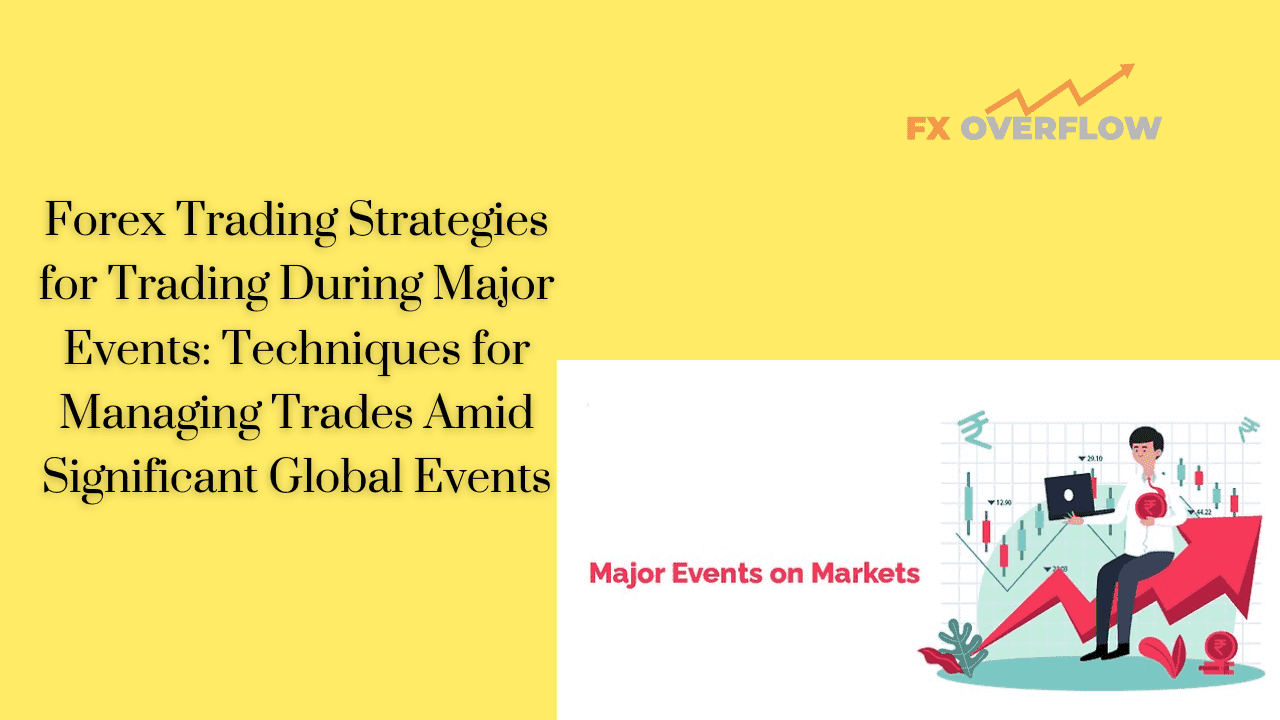










Discussion